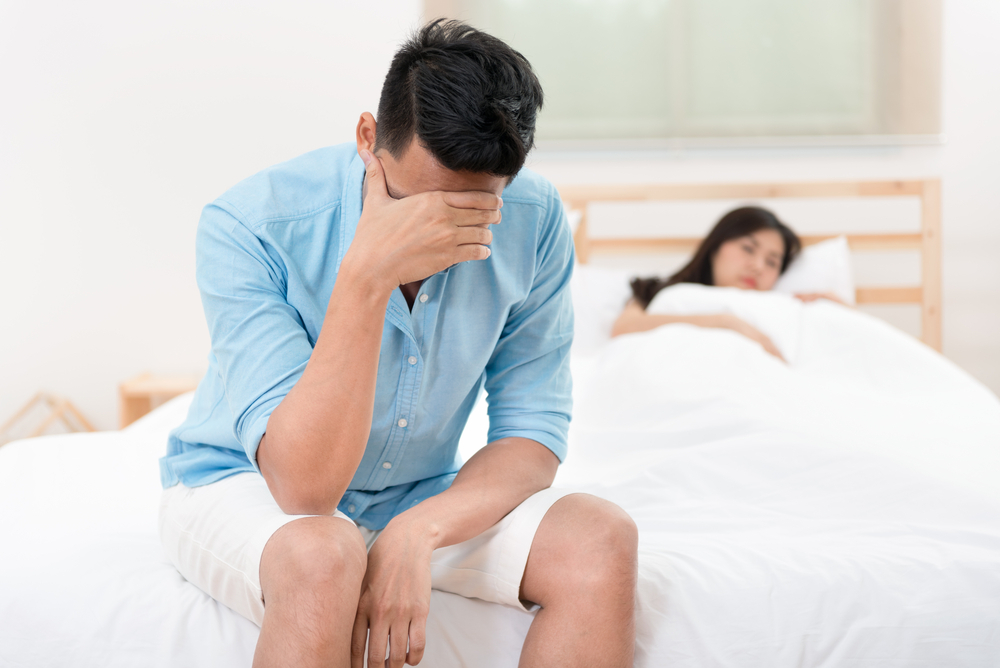Symptoms of testosterone deficiency include delayed se xual development, decreased se xual desire and activity, feeling unwell, and depressive thoughts.
Testosterone is known as the male hormone because it is found more in men. In fact, it is produced in small amounts by women. Testosterone is secreted in even greater amounts during puberty and ensures healthy growth and reproduction in men.
How does the body produce testosterone?
FSH and LH hormones produced from the pituitary gland in the brain, testosterone production from the testicles in men and estrogen production from the ovaries in women, ensure the development and continuation of the healthy reproductive system. Testosterone is secreted from the testicles in men and plays a role in sperm production. In women, it is produced in small amounts by the ovaries and adrenal glands. Its source is cholesterol.
Total testosterone test
Testosterone measurement is usually done before 11:00 in the morning on an empty stomach. A diagnosis of testosterone deficiency must be confirmed by repeated measurements at least twice. Total testosterone is usually measured. Since the free testosterone measurement technique is a difficult test, free testosterone measurements taken in normal laboratories may not be reliable. Your doctor may need different calculations with the level of total testosterone and the proteins that carry it, called SHBG. A total testosterone level below 300 ng/dl in men indicates low testosterone levels.
Apart from the effect of testosterone hormone on se xuality, it has effects such as poor concentration and memory, feeling bad, depressive thoughts, sleep disturbance and increase in sleepiness, increase in body fat, low trauma fracture and osteoporosis, decrease in physical or working performance, decrease in self-confidence.
What causes low testosterone?
Testosterone, which starts to decrease with the age of 40s, continues to decrease gradually by 1-2 percent each year with aging. This is also called andropause. In addition, genetic causes (diseases such as Klinefelter), pituitary gland diseases, tumors and surgery or radiation treatments, testicular diseases, trauma, surgery due to tumor, receiving chemotherapy, kidney failure, lung diseases, diabetes, metabolic syndrome, weight gain, obesity Chronic conditions, such as AIDS, are among the causes of low testosterone.
Stress is one of the major causes of low testosterone today. Here’s what you need to know about the symptoms of low testosterone:
Low testosterone symptoms
Symptoms of testosterone deficiency (low testosterone) include;
- Delay or inability in se xual development
- Decreased se xual desire and activity
- Don’t feeling bad,
- Depressive thoughts, Spontaneous decrease in e rection,
- Concentration and memory impairment
- Gynecomastia (breast growth-pain),
- Sleep disturbance and increased sleepiness
- Reduction in body hair,
- Decreased frequency of shaving
- Shrinkage in testicles,
- Inability to have children,
- Absence or low sperm
- Increasing in body fat,
- Low trauma fracture
- Osteoclasis,
- Decreased physical or working performance,
- Decreased motivation, self-confidence,
- There is hot flashes and sweating.
Decreased motivation, self-confidence, feeling bad, depressive thoughts and mood can also affect a person’s character.
Treatment
Treatment for low testosterone depends on the cause and whether the person wants to have children. In cases of pituitary-induced testosterone deficiency, HCG and FSH hormone treatments, which physiologically stimulate testosterone production, are administered to men who want to have children. Testicular origin or men who do not want to have children testosterone treatment can be done with pills, monthly or quarterly injections, gels, implants placed under the skin. Testosterone treatments should be performed by specialist physicians, by checking the side effects of testosterone at regular intervals.
Against low testosterone, testosterone levels can be increased by adequate and quality sleep, regular sports and exercise, and a healthy diet. Lifestyle changes and weight loss increase testosterone levels, especially in patients with diabetes, obesity and metabolic syndrome. In order not to experience testosterone deficiency, alcohol and smoking should be avoided. Seafood such as oysters and shrimp, vegetables such as avocado, broccoli, spinach, cauliflower, bananas, eggs and honey can help increase testosterone.

